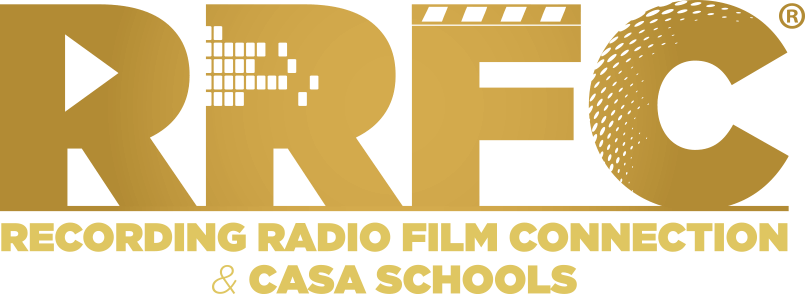
Are You Sure Music School Is The Right Way To Go?
When you’re first trying to get your foot in the door of any industry it’s hard to know where to start. This is doubly true when you’re talking about working in the music industry.
Should you go to school, take an internship, or start some sort of an online blog? Or should you just go it alone and hole up for the next year and try to create and learn as much as you can solo?
Many people’s parents will encourage them to attend a formalized education institution. Why? Because they believe it’s the more responsible, surefire approach. They believe in the perceived security of a music school degree but that’s often the least-effective, most costly way to go when it comes to actually working in music.
Actually investing time gaining exposure to the music industry and building one’s own skills and knowledge prior to deciding to go to music school is a far more practical approach. The music industry is very multi-faceted and the best way to understand what various audio engineers, live sound mixers, composers, music producers and musicians do, is by seeing and experiencing what the work entails firsthand.
If you’re on track to becoming a concert pianist or classical conductor, you already know traditional music school is the way to go. But, if you want to produce your own music, record musicians, or get the skills it takes to assemble a great final mix, sitting in class studying music movements of the 20th Century won’t do that much for you. You might leave with a good grasp of music theory but very little to none of the practical knowhow you need to work in music. Considering tuition now averages $30,000-$60,000 per year at many schools, attending simply because doing so is perceived as the “responsible” choice is something students and parents have to reconsider–carefully.
Going deep into debt is akin to agreeing to pay thousands in monthly student loans. Graduates of some of the most prestigious music schools in the country quickly discover their impressive degrees actually thwart their chances of working in the industry. Why? Because they’ve got to get locked in to a 9-5 job just to pay off their schooling. Avoid this Catch 22.
If you really feel you’re someone who needs to get into the music industry, start educating yourself now. Watch YouTube videos on audio engineering and music production. See if the things they’re talking about pique your interest. Look through your music collection and start asking what it is about certain tracks that appeals to you. Researching who worked on what is only a few clicks away. Find musicians, producers, and engineers whom you admire and see what they have to say about the work they do. Of course, nothing will teach you more about recording and producing music than doing just that.
It may surprise you to know that most people who work in the music industry right now didn’t go to music school. Instead, they learned by doing, by working alongside a mentor or a number of different mentors who, over time, enabled them to build their own skills and awareness and develop their own sensibilities. The biggest names who work in music understand that there’s always more to learn. The learning is hands-on and every project brings some skill or awareness to one’s understanding of music overall. Working in music is forever a journey, not a destination and it can be very rewarding for those who have the passion to work hard, work smart, and continue to grow.
Learn more about careers in music.



